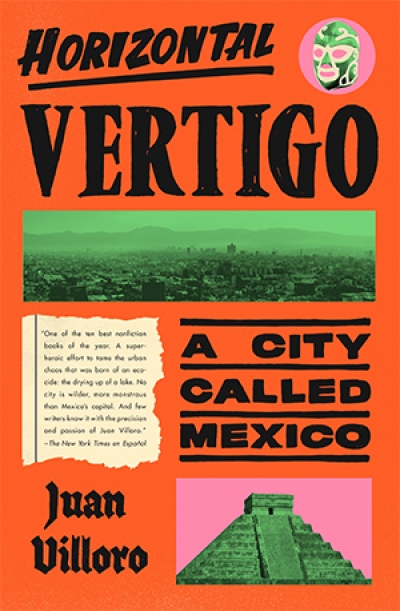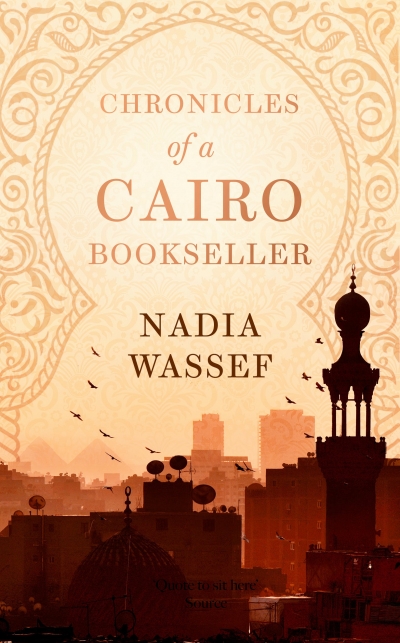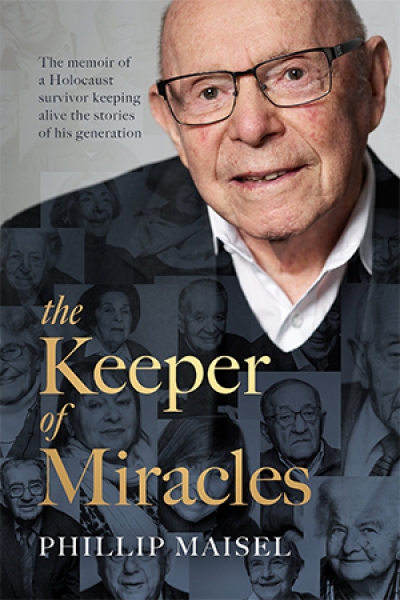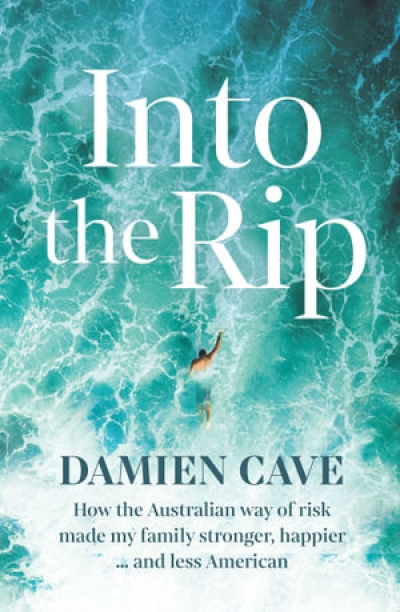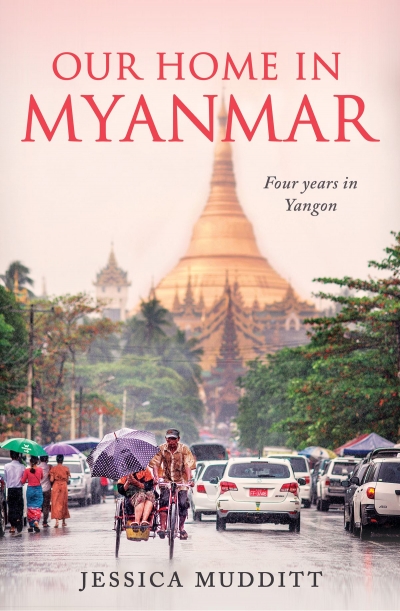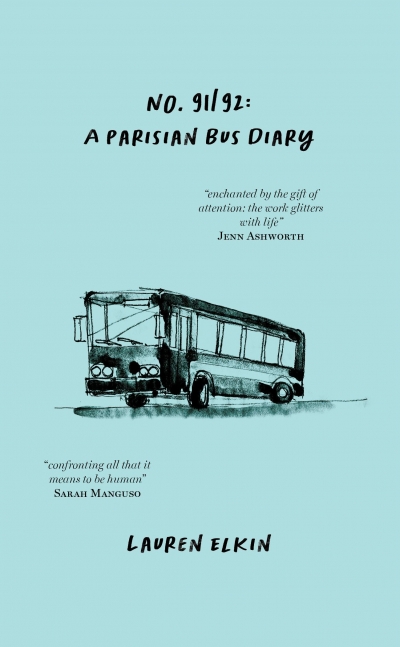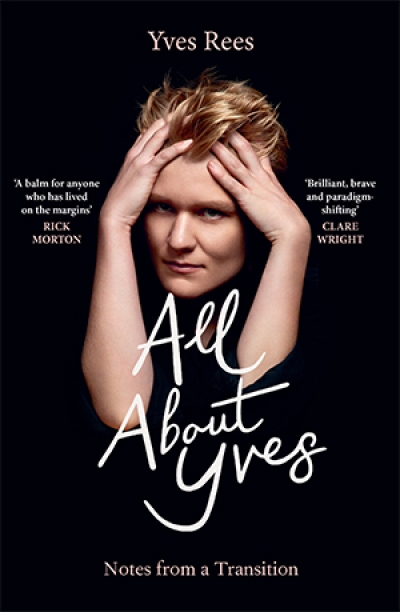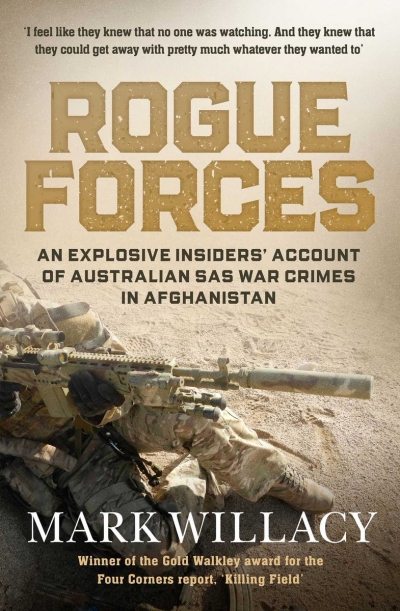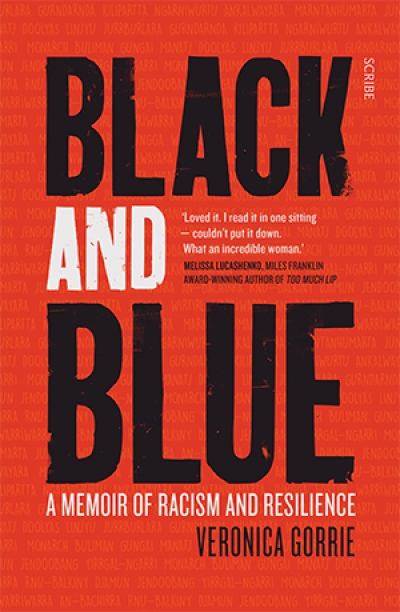Memoir
Horizontal Vertigo: A city called Mexico by Juan Villoro, translated by Alfred MacAdam
In Isaac Asimov’s Foundation series, the planet Trentor is the capital of the Galactic Empire. Seen from space, Trentor is nothing but city: there are no rivers, trees, or any other natural features, only an endless urban landscape, a metropolis that has taken over the planet. Landing in Mexico City feels like landing in Trentor: the size is overwhelming, and its apparent infinity challenges most people’s understanding of a city. Juan Villoro calls this sensation ‘horizontal vertigo’. The term is borrowed from a description of the grazing lands of the Argentine pampa, and Villoro chose it as the apt title of his chronicle of Mexico City.
... (read more)The Nile runs straight through the middle of Cairo, from south to north like a grand zip. In the middle of this citied stretch of river there is an island known colloquially by the name of the suburb that crowds it: Zamalek. Once the grounds of a summer palace, the island became a colonial stronghold in the 1880s, when an extravagant leisure club was built for British Army officers, replete with croquet lawns, a polo field, and pony stables. Now, Zamalek is a restless mix of affluence and decay: home to old money, new expatriates, and crumbling art-deco apartment blocks – the last gasp of Nasser-era rent control. Embassy gardens thrive behind concrete walls and razor wire, while national service recruits doze in the heat, chins propped on the barrels of their AK-47s. American fast-food chains rub greasy shoulders with antique stores full of French rococo and faux-Napoleonic gilt. The ponies outlasted the British Empire, and can still be booked for riding lessons, but the summer palace has been swallowed by a Marriott Hotel. And on the busiest street of this well-storied isle – where the everyday traffic is as loud as a rock concert – there is a bookshop.
... (read more)Not many people create an archive. For almost thirty years, Phillip Maisel led the testimonies project at Melbourne’s Jewish Holocaust Centre (JHC). Maisel’s memoir is his story of surviving the Holocaust and becoming ‘the keeper of miracles’.
... (read more)Into the Rip: How the Australian way of risk made my family stronger, happier … and less American by Damien Cave
In 2016, New York Times correspondent Damien Cave moved his young family to Sydney to establish a foreign bureau for the newspaper. As he writes in his new book, Into the Rip, the experience has been transformational, teaching him among other things that ‘None of us is trapped within the nation we come from or the values we picked up along the way’. Despite political and economic alliances, Australia and the United States are not clones of each other, and in many ways Australia proves ‘the healthier model’ for a society. Cave learned these life lessons, he reports, through ‘the combination of fear, nature and community spirit’.
... (read more)Our Home in Myanmar: Four years in Yangon by Jessica Mudditt
Our Home in Myanmar: Four years in Yangon is an Australian woman’s account of her four years living and working in Yangon, the commercial capital of Myanmar. In 2012, Jessica Mudditt arrived there with her Bangladeshi husband; they were looking for adventure and a way to pay for the experience. This is Jessica’s story: how she found work with an English language newspaper, her experiences as a foreigner, her fractious relationships with expat colleagues, the struggle to find suitable accommodation, the shock of her summary dismissal, her money and visa problems, and her subsequent work with the British Embassy, before freelancing and working as foreign editor at the much-derided state-run newspaper, the Global New Light of Myanmar.
... (read more)The closest I have ever come to expiring from heat exhaustion was not during one of Melbourne’s oppressive summers. It was not in north-east Victoria as bushfire smoke choked the air and even the kangaroos abandoned the grasslands. The closest I have ever come was not even on the continent of Australia. It was on the number 26 bus as it crawled up the Rue des Pyrénées on a sweltering June day in Paris.
... (read more)Yves Rees’s memoir All About Yves charts their experience of coming out as trans. The book documents the challenges of the transition in a colonial society built for and around the gender binary. Rees invites the reader into their everyday life. The point is to make their ‘gender legible in a world that refuses to see it’, and the author sets out from this premise.
... (read more)Rogue Forces: An explosive insiders’ account of Australian SAS war crimes in Afghanistan by Mark Willacy
On 19 November 2020, the Chief of the Australian Defence Force (ADF), Lieutenant General Angus Campbell, released the findings of the Brereton Report, so named for the New South Wales Supreme Court Judge and Reserve Major General Paul Brereton, who led the investigation into war crimes allegations against members of the Australian SAS. The report had been a long time coming – with good reason. Over four years, Brereton and his team scrutinised more than 20,000 documents, examined 25,000 images, and interviewed 423 individuals – Afghan victims and their families, eyewitnesses, whistleblowers, and the alleged perpetrators. The final eight-volume, three-part report came in at 3,251 pages. Everybody knew it would be bad, but few had anticipated quite how confronting its findings would be.
... (read more)By any measure, Amartya Sen’s academic career has been a glittering one. A professor of economics at Harvard University for more than three decades, Sen has also held appointments at Cambridge University, Oxford University, the Delhi School of Economics, and Jadavpur University. In 1998, he was awarded a Nobel Prize for his contribution to welfare economics, including work on social choice, welfare measurement, and poverty. The same year, he was appointed as the Master of Trinity College, Cambridge (the first Asian head of an Oxbridge college). He has also written extensively on economics, philosophy, and Indian society and culture.
... (read more)Black and Blue: A memoir of racism and survival by Veronica Gorrie
Aunty Ronnie is a Kurnai and Gunditjmara woman. She is also a mother of three, a grandmother of two, and one of Australia’s most underrated comedians. Black and Blue, her autobiography, is an enthralling book set primarily in three places: Bung Yarnda, Morwell (Black), and the Queensland Police Service (Blue), where Aunty Ronnie served as a member for ten years. The title is a play on the old saying ‘black and blue’, which commonly refers to someone covered in bruises.
... (read more)

